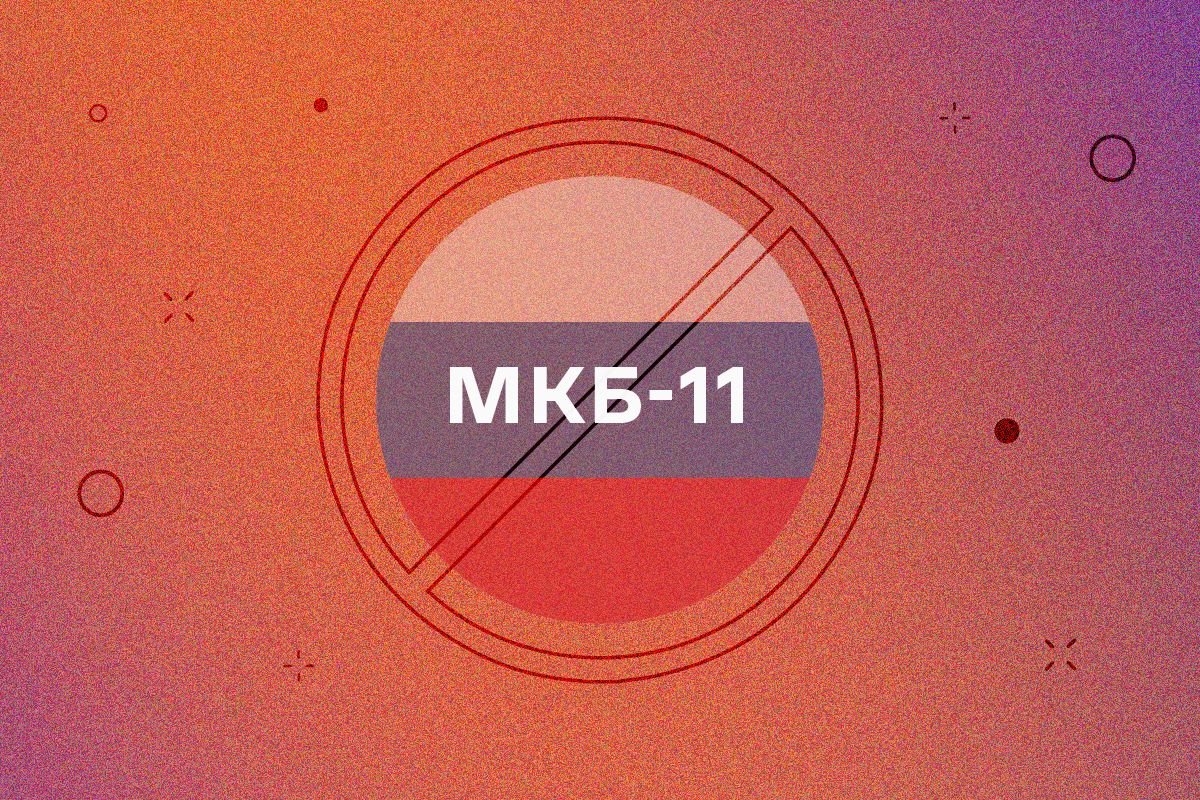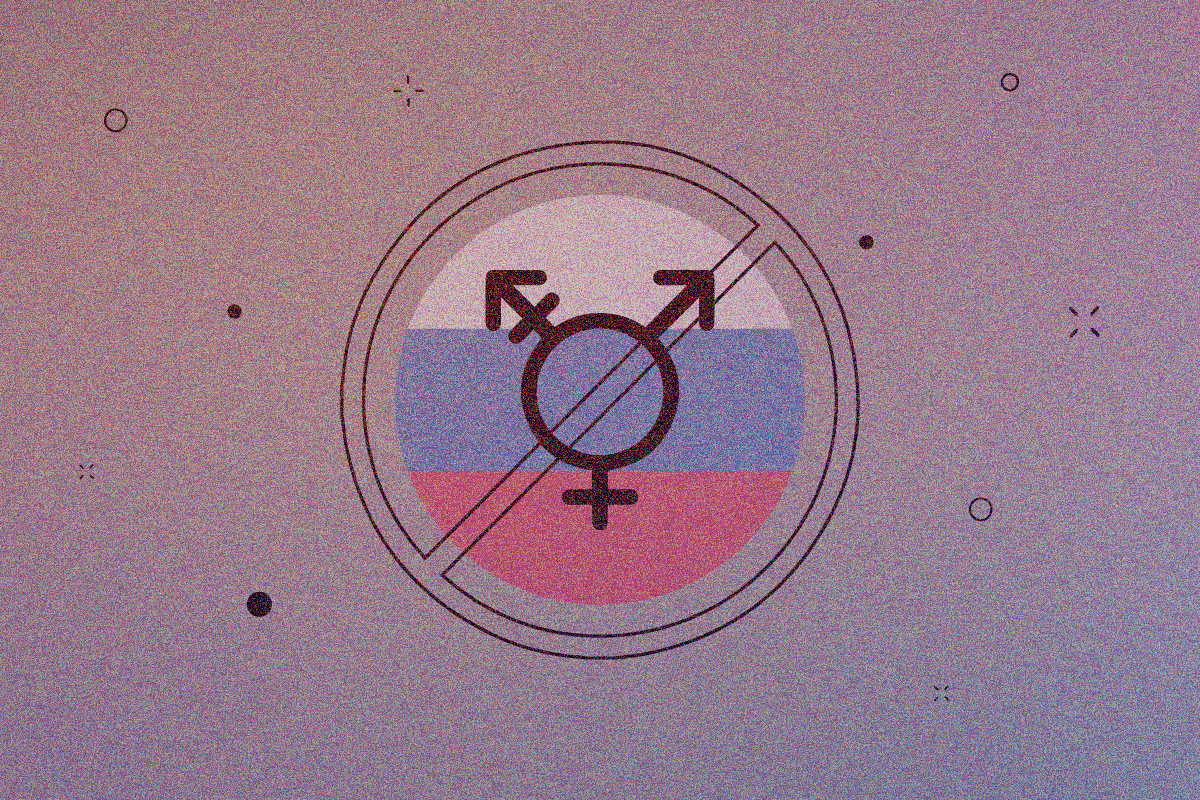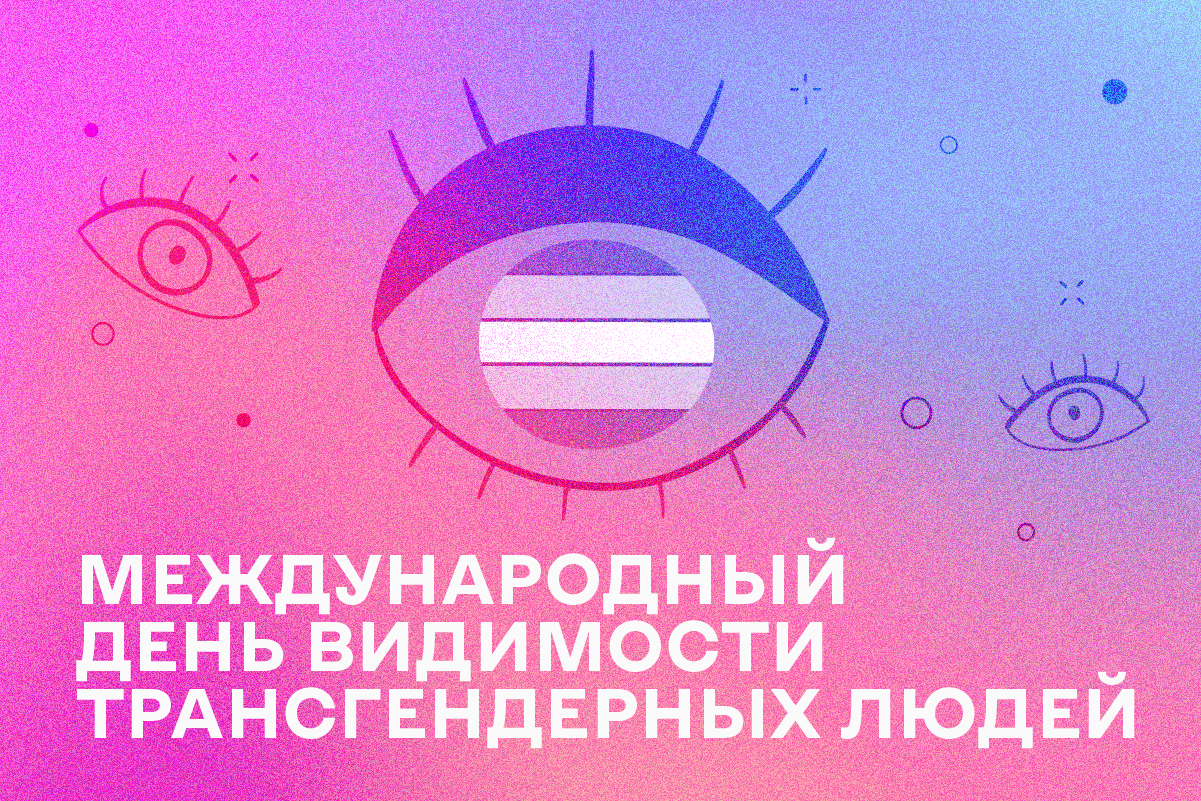ECOM presents an analysis on how laws banning “gay propaganda” were enacted in the Russian Federation and how they influences the countries of Eastern Europe and Central Asia. The document discusses of trends in the region regarding the prohibition of the “propaganda” of information about gay, lesbian, bisexual and trans people.
The analysis examines attempts to challenge these prohibitions at the national and international levels: a decision of the Supreme Court of the Russian Federation, decisions of the UN Human Rights Committee, and decisions of the Constitutional Court of the Russian Federation. The publication examines the actions of activists and the reaction of authorities to such actions.
Even at the stage of regional laws “on the prohibition of gay propaganda”, several activists from the LGBT movement in different cities of the Russian Federation attempted to appeal these regional laws at the national, then at the international level, and tried to prove the unconstitutionality and lack of legal certainty of such laws.
During the years of application of laws “on the prohibition of gay propaganda”, there has been a consistent use of the judicial system to strengthen existing prohibitions and their uncontested application in cases when local and/or federal authorities need to restrict the rights of members of the LGBT community. This primarily entails the rights to freedom of speech and freedom of association, as well as the right to information.
In addition, law enforcement practice and the consistent, prohibitive nature of decisions of courts of all instances, including decisions of the Supreme Court and the Constitutional Court of the Russian Federation; indicate a violation of the right to a fair trial and the right to effective remedies. Even decisions of the European Court of Human Rights and the UN Human Rights Committee could not influence the formation and content of judicial practice.






Комментарии
Пока никто не оставил комментарий